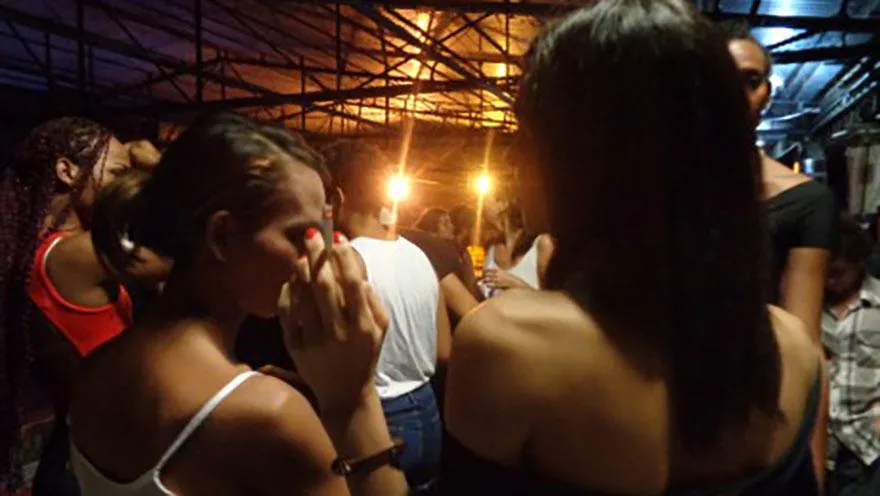04 April 2019
The 2016 Rio Olympics made sex work more dangerous
The crackdown on sex work leading up to and during the Olympic Games in Rio de Janeiro resulted in prostitutes being put in higher levels of danger, finds research from King’s College London.

The crackdown on sex work leading up to and during the Olympic Games in Rio de Janeiro resulted in prostitutes being put in higher levels of danger, finds research from King’s College London. The work suggests that methods for ‘cleaning up’ the city were counterproductive and instead of reducing supply or demand for sex services – as authorities had hoped – it either had no effect or displaced prostitution, further endangering the workers themselves.
Based on the work, the authors suggest that crackdowns on visible sex work don’t destroy the demand for sex work, therefore authorities should look to develop strategies to reduce harm for workers rather than trying to stamp out the profession altogether.
As part of an official economic development strategy, the City of Rio de Janeiro has hosted a number of recent global sporting events, including the 2016 Olympic Games.
Lead author, Professor Phil Hubbard, explains ‘Prostitution is seen something that could harm the country’s reputation, therefore, in the run up to these events, stories predicting an influx of trafficked women and exploitative pimps supported campaigns designed to make sex work less visible, especially near Olympic venues.’
‘Some long-established brothels were raided or shut down and media campaigns discouraged tourists from buying sex altogether.’
In order to discover the impact that this had, researchers from King’s College London, the University of Bournemouth, Toronto University and the Observatório da Prostituição (Prostitution Observatory) in Rio de Janeiro, used anthropological and visual methods to engage with female-identifying sex workers and carry out over 100 interviews. They also used images taken by the sex workers during Rio 2016 as evidence of the varying impacts of policing and securitisation on their working life.

They found that, in some instances, the visible policing of prostitution hotspots deterred regular clients, forcing sex workers to resort to mobile telephones and social media apps to contact potential clients. The disruption to the normal geographies of prostitution forced sex workers to work in unfamiliar environments, placing more risk on their safety.
Subsequently, sex workers sought the protection of third parties, despite the prospect of being ripped off – making day-to-day survival even more difficult.
“Sex workers often see mega sporting events as major opportunities because of the potential influx of wealthy tourists, athletes and journalists, but it often isn’t all that they hope for,” argues Prof Hubbard.
‘The authorities’ crackdown on sex work was designed to reassure international audiences that Rio was safe and clean, but did little to make sex workers safer. In fact, it did the inverse, and made sex working more precarious and dangerous for those involved. We need to learn from the experiences in Rio and change this for the future.’
An advocate for regulation that will allow for safer sex work in suitable premises via forms of licensing and planning control, Hubbard hopes the findings from this project will help to challenge the myths of sex trafficking that circulate around mega sporting events and will promote forms of intervention that recognise sex work as an inevitable part of the urban scene.

